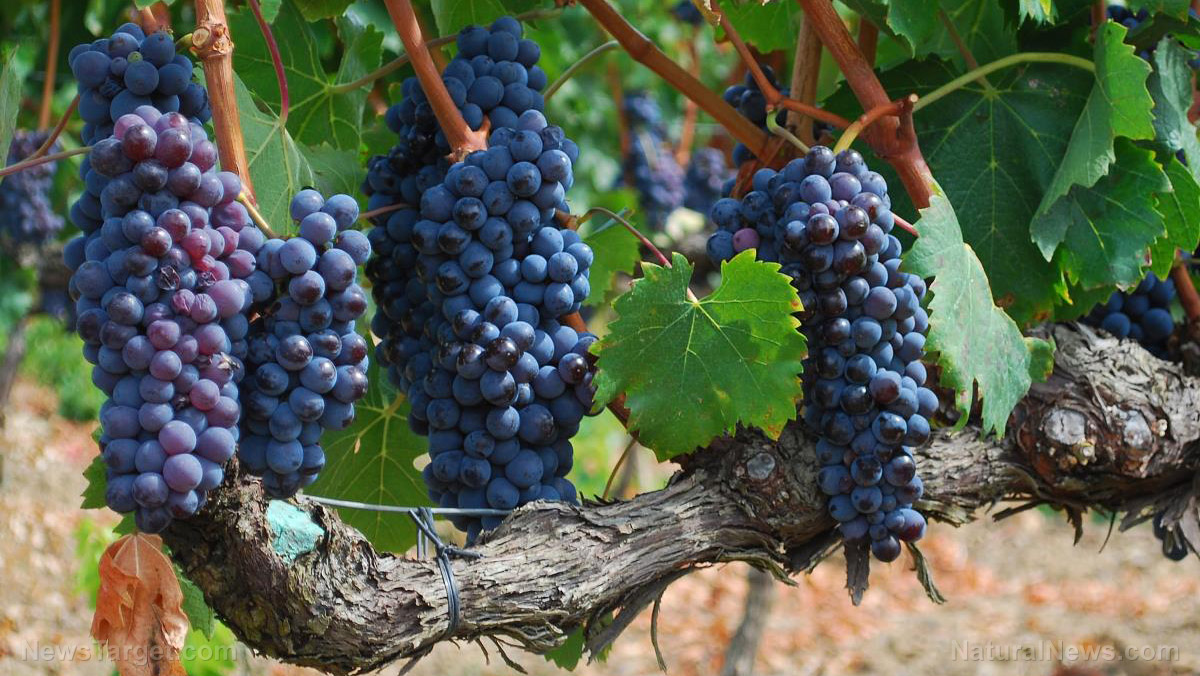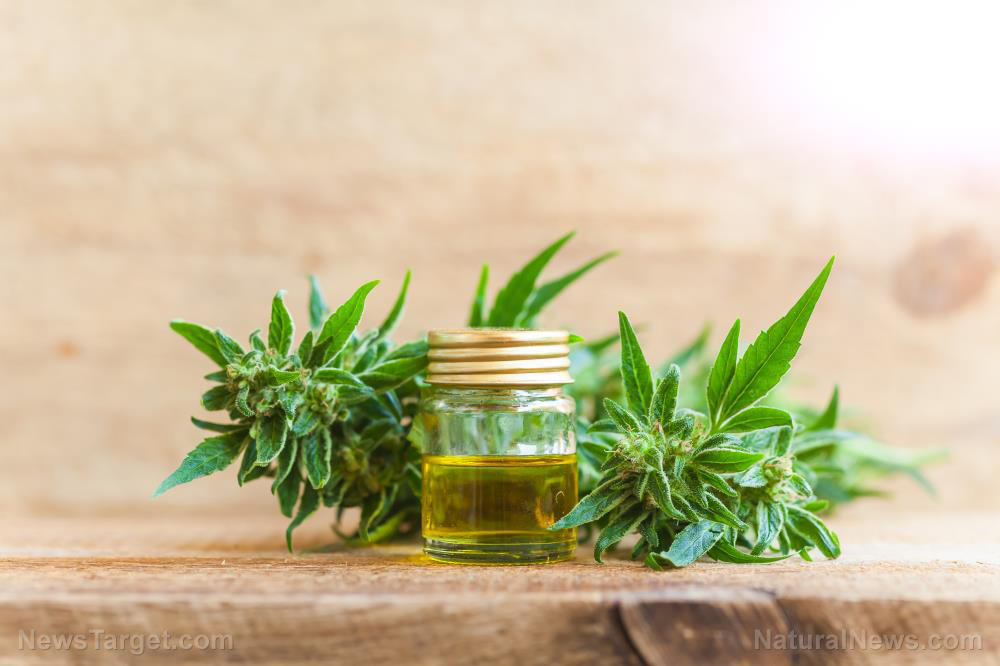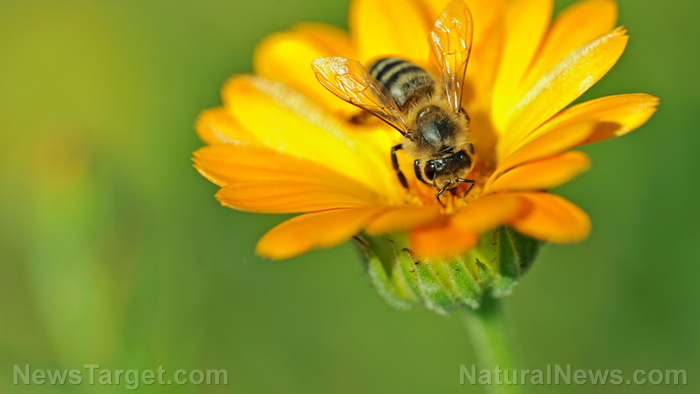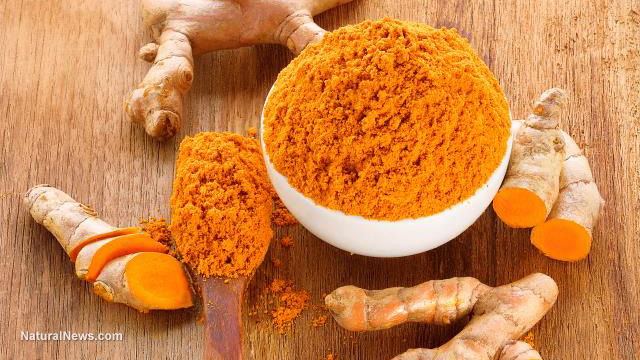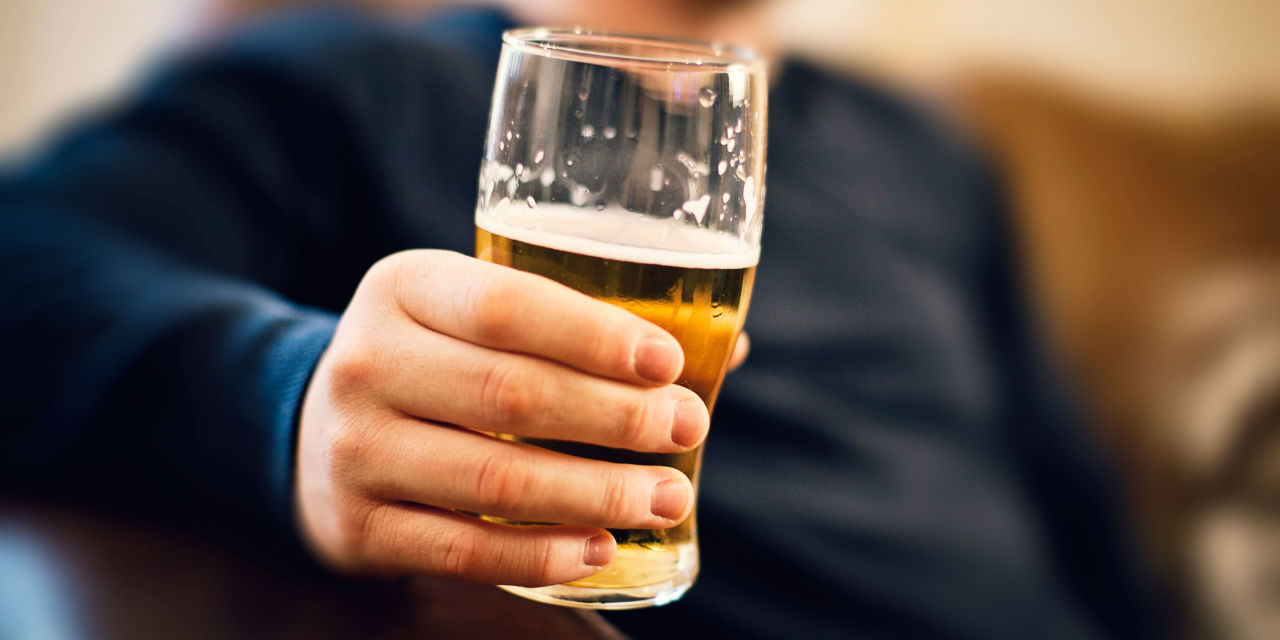Mullein: This versatile herbal remedy has many amazing health benefits, from reducing swelling to treating inflammatory diseases
03/03/2019 / By Amy Goodrich
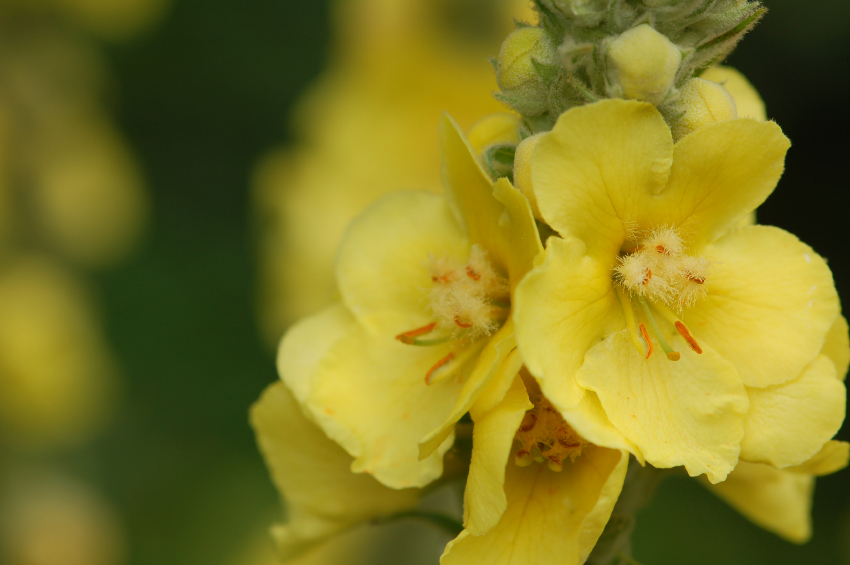
Called the great or common mullein, this edible plant, native to Asia, North Africa, and Europe, was brought to the Americas by European settlers many years ago. Mullein, which now grows all over North America, is a favorite among holistic therapists since it is used as an ingredient in many homeopathic preparations and herbal remedies. And for some good reason. This widely available, humble weed can do wonders for the entire body. In fact, mullein has so many amazing health benefits that if you are not already growing it in your medicinal garden, you are truly missing out on one of nature’s best all-around wonder cures.
Traditionally, mullein was used in the treatment of various inflammatory diseases and lung-related ailments such as asthma, bronchitis, and tuberculosis. It also serves as a natural painkiller and a cure for earaches and headaches. For centuries, its leaves and honey-scented flowers have been made into teas and tinctures to treat nearly anything, ranging from soothing respiratory and digestive complaints to fighting anxiety, stress, and insomnia.
In topical applications, mullein poultices can be applied to reduce swelling and treat a variety of skin conditions such as rashes, burns, blisters, cuts, or skin infections. Next to its skin soothing effects, it will also speed up the wound healing process more rapidly than most drugs. Some people have even used mullein’s soft woolly leaves as toilet paper, bandages, torches, or shoe soles.
Next to its medicinal uses, mullein also contains decent amounts of many essential nutrients such as vitamin C, vitamins of the B-complex, vitamin E, vitamin D, iron, magnesium, and potassium. Drinking a cup of antioxidant-rich mullein tea can boost bone health and increase absorption of calcium. Furthermore, mullein tea has shown to regulate hunger cravings to facilitate weight loss and provides nearly all the magnesium your body needs to function properly.
Relatively safe and easy to grow traditional staple herb everyone should have
Mullein is an easy-to-grow biennial plant with small yellow flowers that can grow up to three meters tall. While they love the sun, mullein plants do well in a wide range of habitats.
While mullein is generally well tolerated by most people, it can sometimes cause contact dermatitis or irritate the throat because of the tiny hairs covering the leaves. Children and pregnant or breastfeeding women, however, should avoid drinking mullein tea without a prior consultation with their doctor.
Furthermore, if you have diabetes or take diuretics, antiplatelet drugs, non-steroidal anti-inflammatory drugs (ibuprofen or naproxen) or medicines that thin the blood (such as aspirin, coumadin, warfarin, heparin), mullein may cause serious adverse side effects. If you are taking any of these, talk to your healthcare provider first.
Finally, some mullein varieties contain high levels of coumarin and rotenone, which can be toxic to humans if consumed in large amounts. For the same reason, mullein seeds should NEVER be consumed. They contain very high levels of the harmful and toxic substance rotenone which may cause severe abdominal cramps, diarrhea, convulsions, or vomiting.
While mullein tea has some side effects to be aware of, due to its strong anti-inflammatory and painkilling effects this natural plant can be super beneficial to your overall health. Before taking mullein tea, oil, or extract on a daily basis for medicinal purposes, consult your trusted healthcare provider for more information and advice.
Stay informed about more natural cures and herbal remedies at Cures.news.
Sources include:
Submit a correction >>
Tagged Under:
herbal remedies, Herbs, home gardening, infections, inflammation, medicinal garden, medicinal plant, mullein, mullein tea, natural cure, natural cures, natural health, Naturopathy, remedies
This article may contain statements that reflect the opinion of the author
RECENT NEWS & ARTICLES
ArthritisCures.News is a fact-based public education website published by Arthritis Cures News Features, LLC.
All content copyright © 2018 by Arthritis Cures News Features, LLC.
Contact Us with Tips or Corrections
All trademarks, registered trademarks and servicemarks mentioned on this site are the property of their respective owners.



